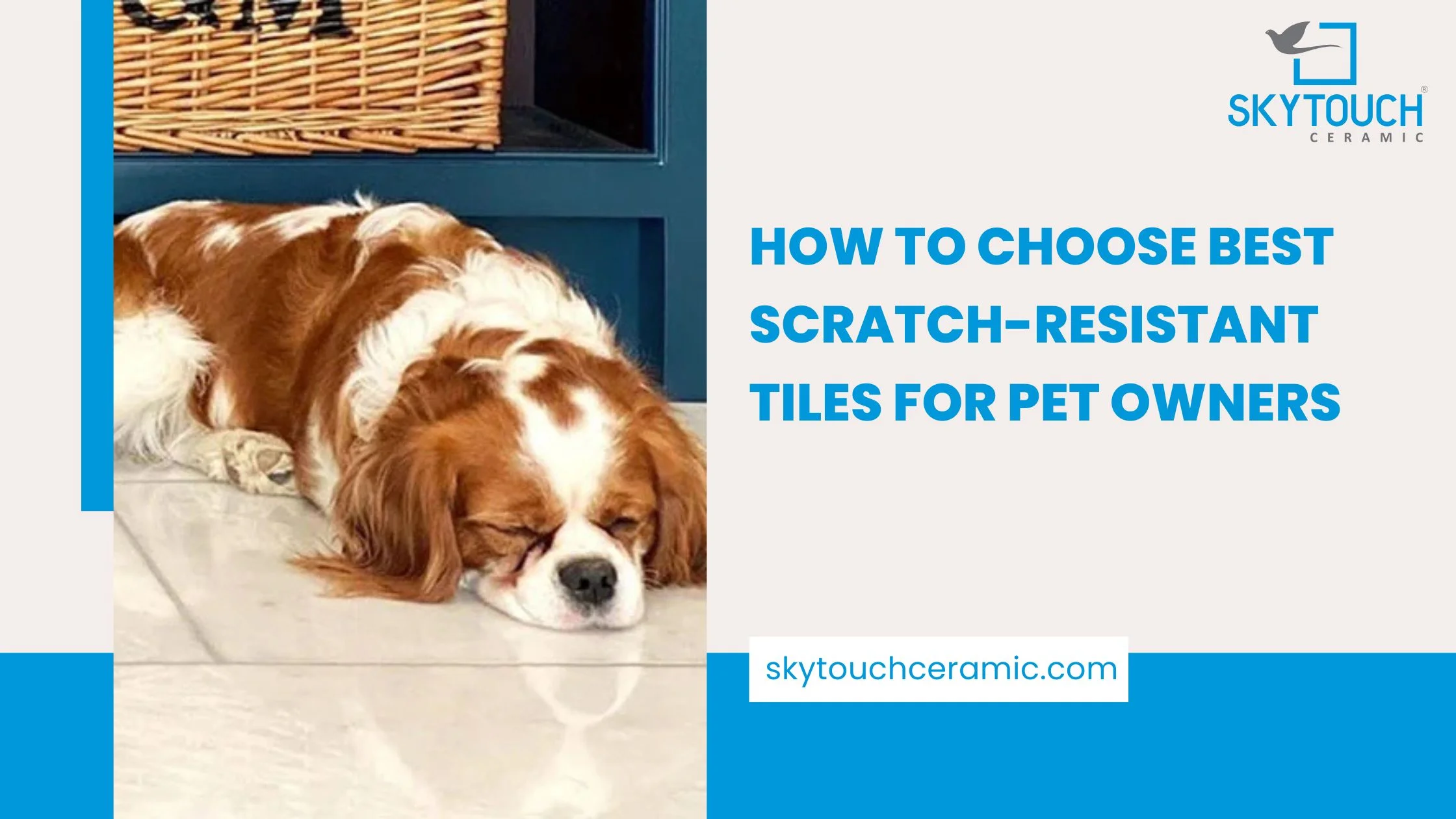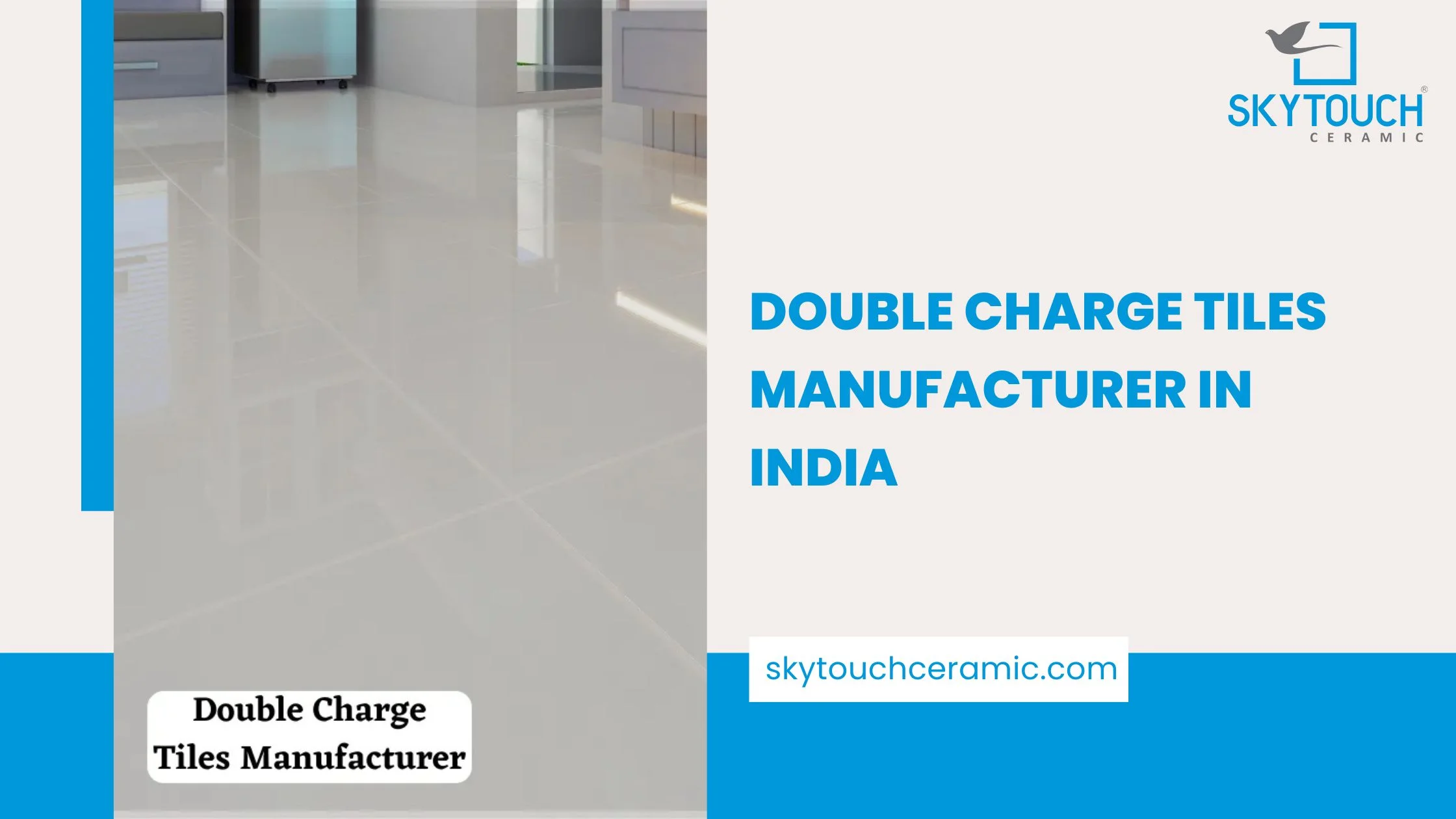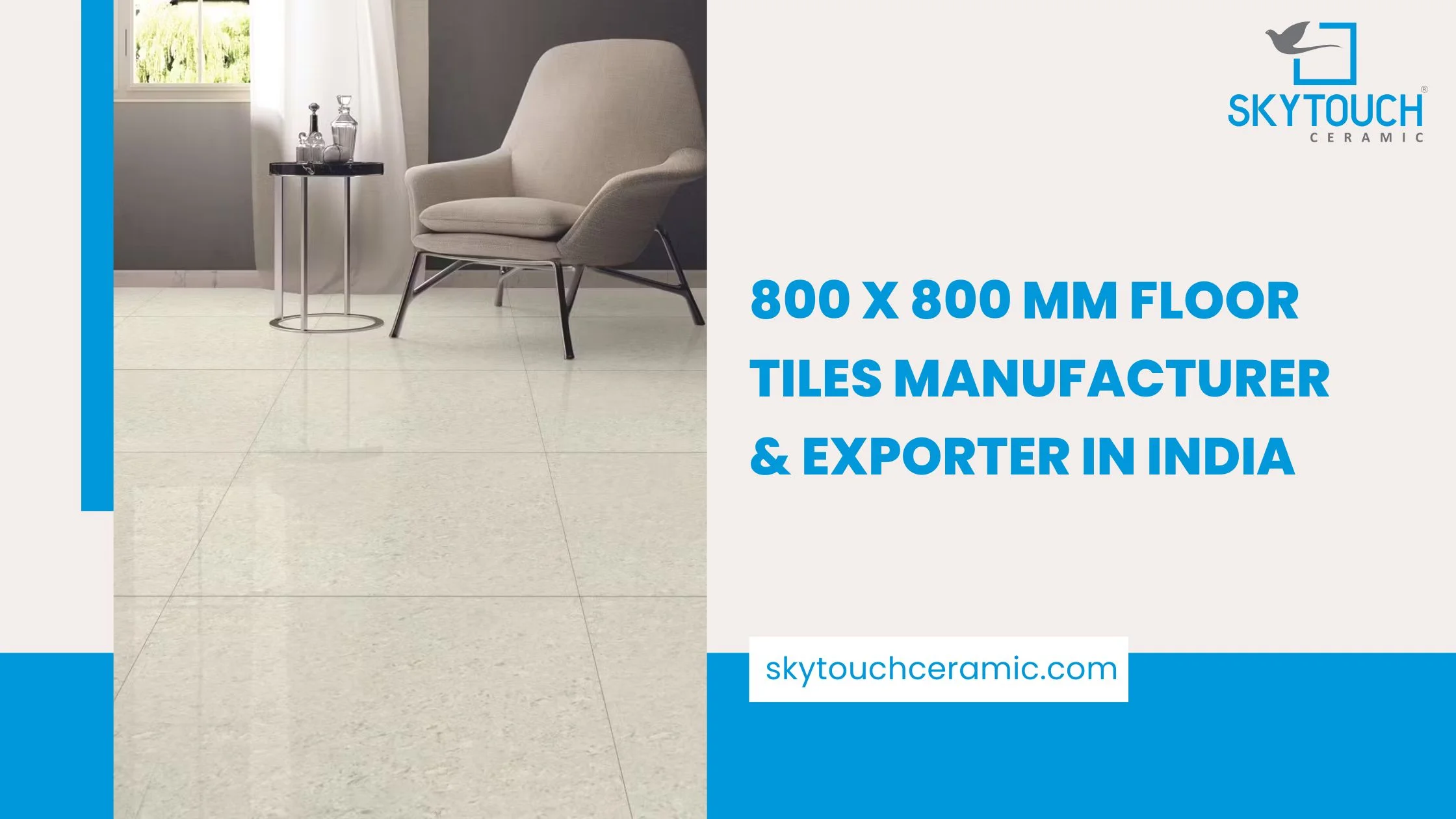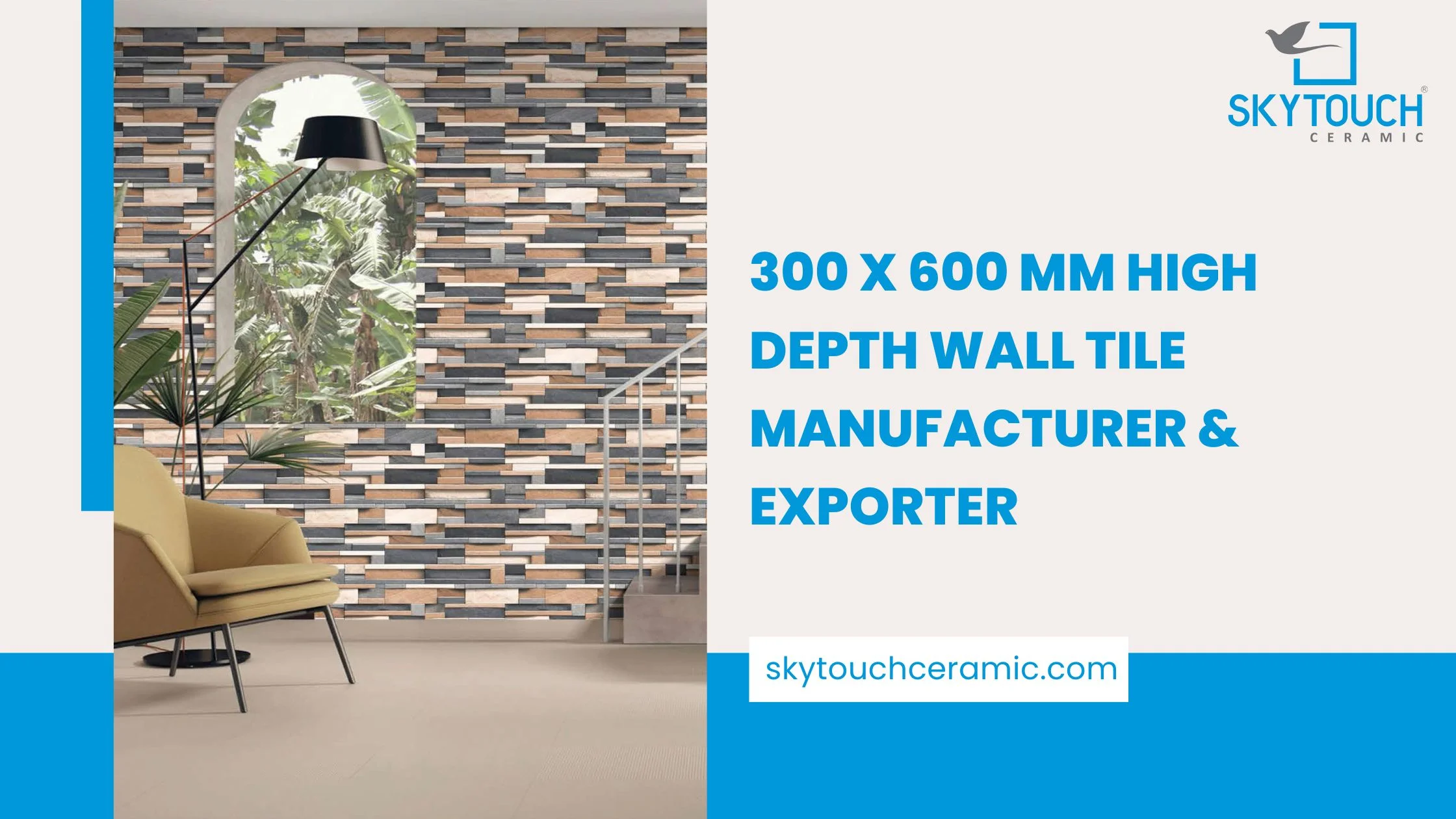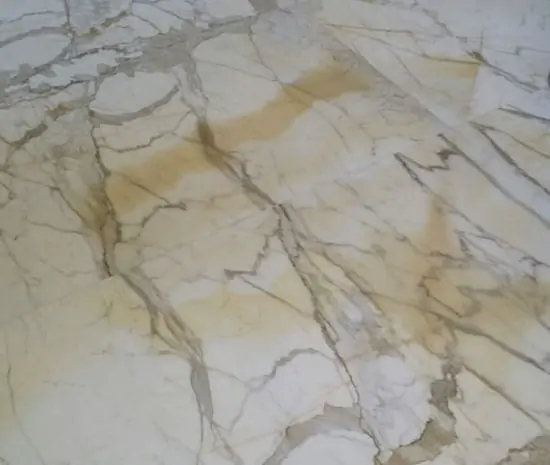Introduction
Pets bring joy, companionship, and lots of love, but they can also be tough on your floors. Your home’s surfaces can be subjected to mishaps, muddy paws, and accidents with claws. For this reason, we chose the right flooring becomes important to maintain both the style and functionality. Here we are going to explain to you the type of tile for pet owners, maintenance, safety, and installation tips for the most suitable tile for pet owners.
Understanding Pet Behavior and Flooring Damage
Pets don’t set out to damage your flooring, but that’s the way they behave daily. If their nails are not trimmed, a dog or cat will tend to scratch surfaces as it runs, jumps, or even walks. Durable flooring is a must because larger dogs with high energy levels are exerting more pressure on the floor. Scratches can be caused even by seemingly innocent actions such as dragging toys or bowls across the floor. Before selecting a flooring solution that your pet’s behavior is going to challenge every day, it’s important to understand your pet’s behavior.

What Makes a Tile Scratch-Resistant?
Scratch resistance in tiles depends on a few key factors. The Mohs Hardness Scale, as it is one of the most important to know, measures the hardness of materials. The higher the number (up to 10), the harder and more scratch-resistant the surface. You should also look for high PEI (Porcelain Enamel Institute) rating tiles, which signify the tile’s durability in terms of foot traffic and usage. Usually, glazed tiles or ones with special coating work better to get protection from claws and scuffs.
Tile Finish & Texture Considerations for Pet-Friendly Homes
When it is to designing a pet-friendly home, choosing the proper tile finish and texture is significant not just for the aesthetic but also for the well-being of your furry companions. Glossy finish tiles give interiors a sleek, elegant shine; unfortunately, scratching, smudging and paw prints do not blend in. Wet, they also become slippery and are hazards for energetic or elderly pets. On the contrary, matte finish tiles are a more pet-friendly tile option. With a nonreflective surface, they wear with wear, hiding wear and tear and providing better traction, typically suited for the areas you tend to visit most with pets.
For those who want a refined look without compromising on safety, satin or semi-matt finish tiles offer a great balance. They have a soft, low sheen surface with some elegance and mild slip resistance. Textured or anti-slip tiles are the safest for use in moisture-prone spaces such as bathrooms, utility areas, or entryways. It is also something that comes with slip resistance ratings (R9 to R13), meaning that even when they are wet, it gives less opportunity for accidents to happen.
Types of Tiles Ideal for Pet-Friendly Homes
1. Porcelain Tiles
Porcelain tiles are considered a first-tier flooring for pets. Dense, hard-wearing, water-resistant and resistant to scratches and stains make these ideal for dog houses where a dog (or more) is large and will use the house frequently. Porcelain is available in styles and finishes that go far beyond a wood or stone look, and despite its durability, it comes in a wide range of finishes and styles for a modern pet-loving home.
2. Ceramic Tiles
Ceramic tiles are a slightly softer and more budget-friendly alternative to porcelain. Ease of cleaning and maintenance, as well as adequate wear in space with light to moderate foot and paw traffic, make them very easy to maintain and easy to clean. Ceramic tiles feature a range of matte and satin finishes, allowing you to work with color and pattern in an extremely practical performance product.
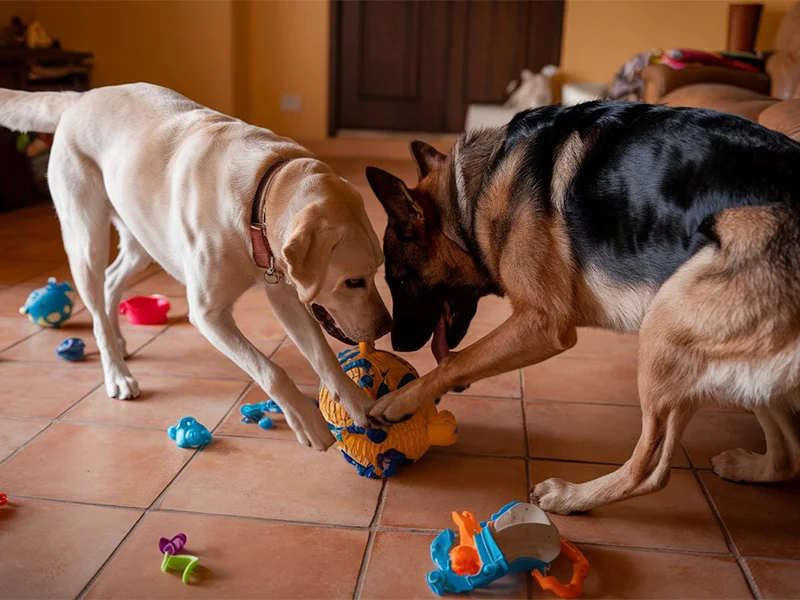
3. Natural Stone Tiles (Slate, Travertine, Granite)
Natural stone tiles bring a rich, earthy tone into interiors. For the strength of its traction and the fact that it is resistant to scratches in comparison to a smooth surface, slate makes one of the best choices for pet owners. Granite is quite strong and polished, but it might be best for less-trafficked areas. Beautiful as it might be, travertine is also more porous and vulnerable to scratching, so it needs to be sealed frequently and not used in active areas.
4. Wood-Look Tiles
Wood-look tiles are ideal for pet owners who want the charming warmth of hardwood but want something more durable. These tiles usually come from porcelain or ceramic and look similar to natural wood grain, but do provide the benefits of scratch resistance, water resistance and durability that tile affords. Unlike real wood, they will not warp or take moisture from spills or pet accidents. While wood look tiles boast comfort and character, they don’t avoid being pet-practical.
5. Terrazzo Tiles
Terrazzo tiles provide a subtle, speckled appearance and are made when a piece of marble, granite, or quartz is set into a cement or resin base. Their patterned, vibrant surface lends itself well to acting as camouflage for pet hair, dirt and scratches. Although it wears and deteriorates in time, terrazzo is elegantly durable, although, perhaps, occasionally sealed alternatives are needed for cement-based varieties. As a solid option for homeowners who desire the design of luxury and pocket pet-friendly performance, it’s a winner.
Maintenance and Cleaning Tips
This is how to keep scratch-resistant tiles maintained; it is quite easy, however, you have to keep up a regular tile cleaning routine to keep your floors looking their best. Remove and vacuum daily any pet hair and debris. Mop tiles weekly with pH-balanced cleaners that are pet safe. You want to avoid abrasive scrubbers or harsh chemicals that can damage the finish. Also, wipe up accidents immediately so as not to stain or damage the grout.
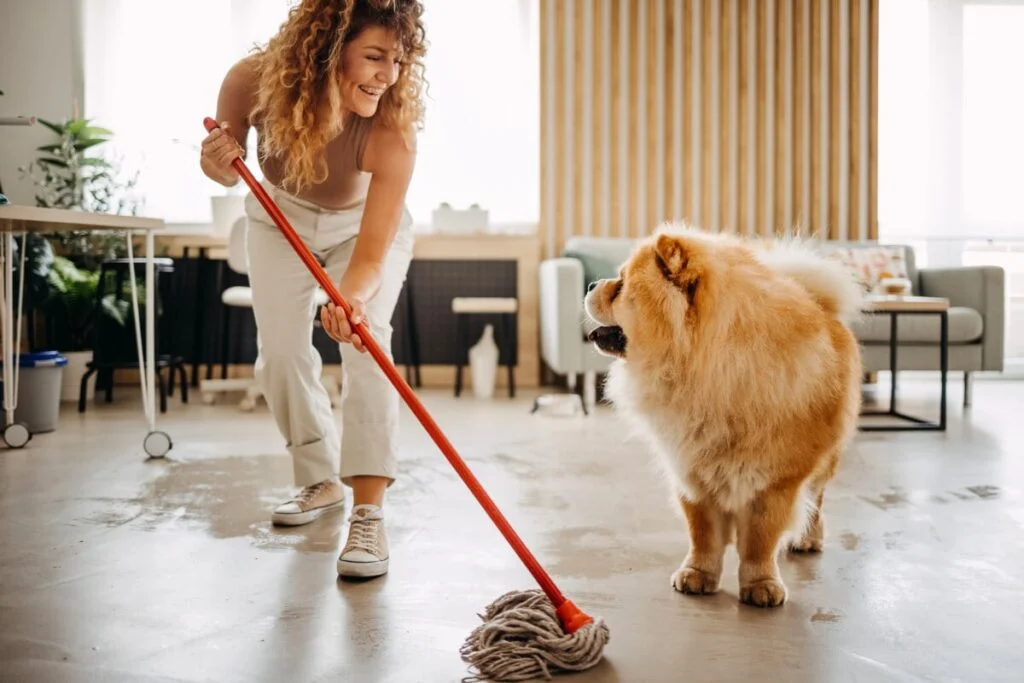
Grout Considerations for Pet Owners
Like anything else, it's an overlooked area of the job, but grout has a significant part in keeping a clean, hardwearing floor. Go for a stain-resistant or epoxy grout that’s easy to clean and easy to resists moisture. Pet stain and dirt camouflage is possible with darker grout colors. Second, sealing the grout confers an additional benefit of adding another layer of protection from bacteria and water intrusion.
Common Mistakes to Avoid
Don’t use glossy tiles in areas where pets are present they are too easy and slippery. Top quality is very important, and you shouldn't scrimp on it, especially if you have large or active pets. Don’t forget about the pet’s activity level, weight, and nail habits when considering the tiles. Finally, take care to check on slip resistance where tiles are laid in places like stairs, kitchens, or entryways.
Where to Buy Quality Pet-Friendly Tiles?
Skytouch Ceramic is the name for durable and pet-friendly tiles. As a top manufacturer and exporter from India, Skytouch offers a wide range of pet-friendly tiles, including matt, textured, and wood-look porcelain options that resist scratches, stains, and moisture.
So their tiles are designed both for comfort and performance, they have great grip for pets and cause minimal maintenance for owners. From updating a single room or the whole home, you can trust that Skytouch Ceramic will provide careful design, reliability, and quality.
Conclusion
A pick for the best scratch-resistant tiles for owners of pets is not merely deciding on a tile that appears appealing. When shopping for dogs, you will need a tile that can endure wear and tear as well as moisture, and at the same time, make your home safe and stylish for your furred friends. All types are durable — porcelain, ceramic, and luxury vinyl — and with a choice of grout, finish, and care, you’ll get a pet-friendly floor that can last.
FAQ
1. What type of tile is best for homes with large dogs?
Porcelain tiles are ideal for large dogs due to their high hardness and durability.
2. Are glossy tiles a bad choice for homes with pets?
Yes, glossy tiles are more prone to scratches and can be slippery, especially for older pets.
3. How do I protect tile floors from pet urine?
Choose waterproof tiles and seal grout properly to prevent staining and odor retention.
4. Can luxury vinyl tiles really withstand scratching?
High-quality luxury vinyl tiles (LVT) are quite durable and offer good scratch resistance for most pet homes.
5. Are there hypoallergenic tile options for pets with allergies?
Yes, tiles like ceramic and porcelain are hypoallergenic and easy to clean, reducing allergens in the home.

